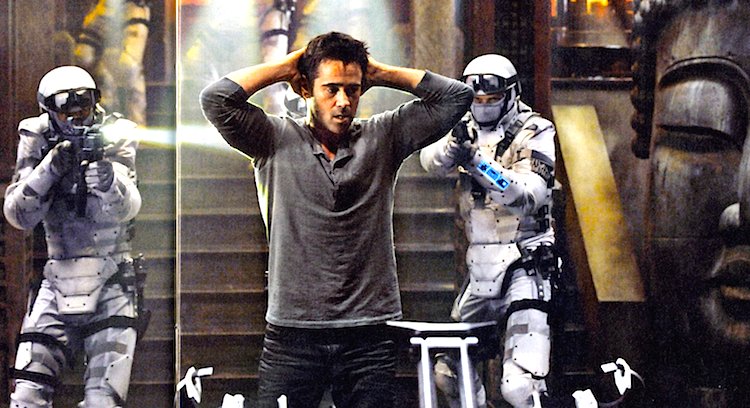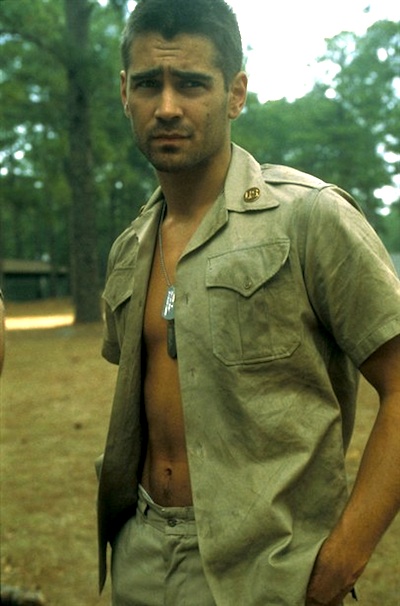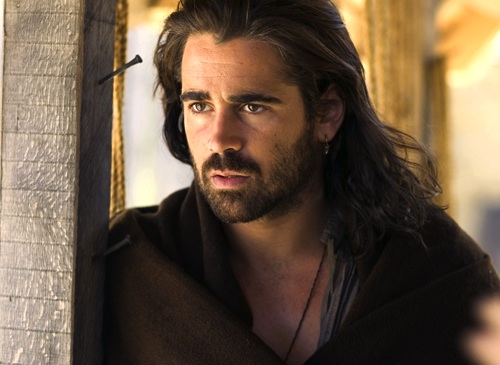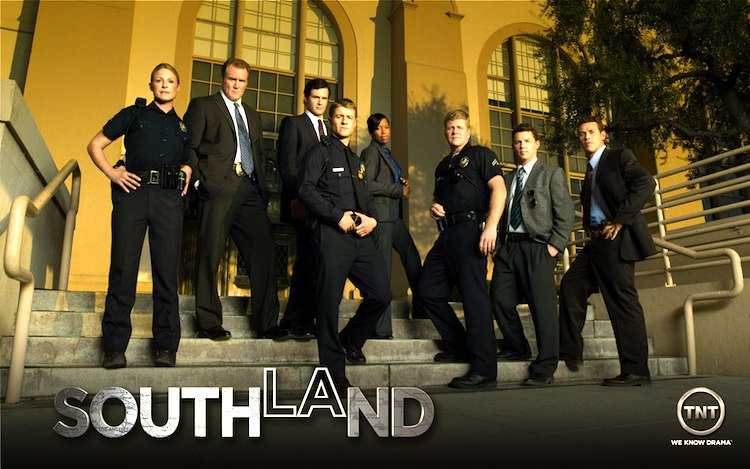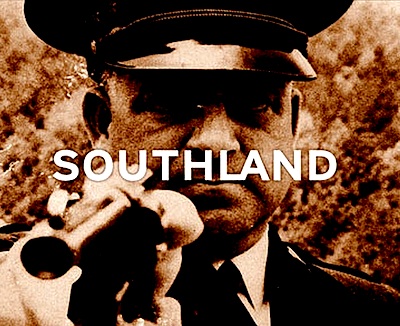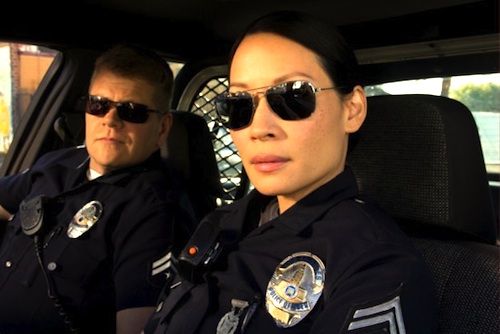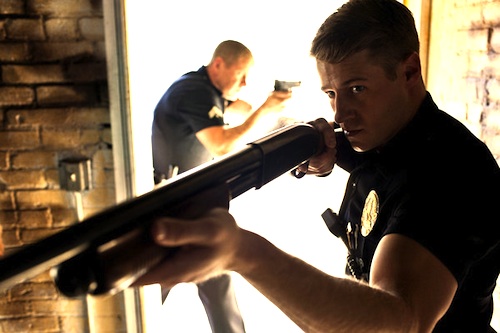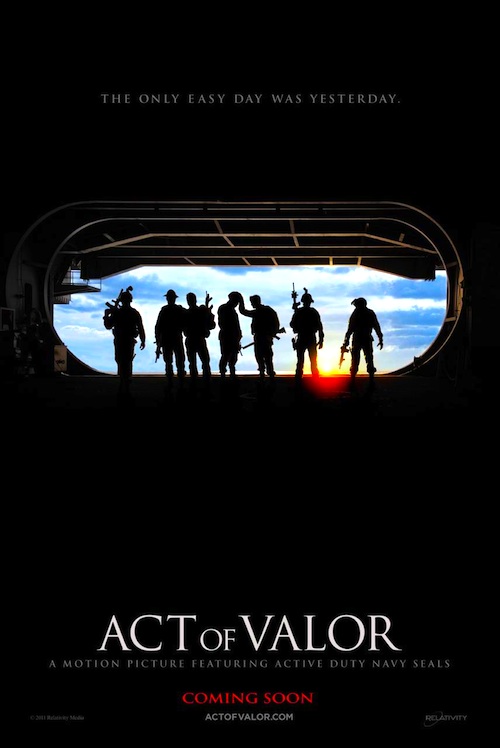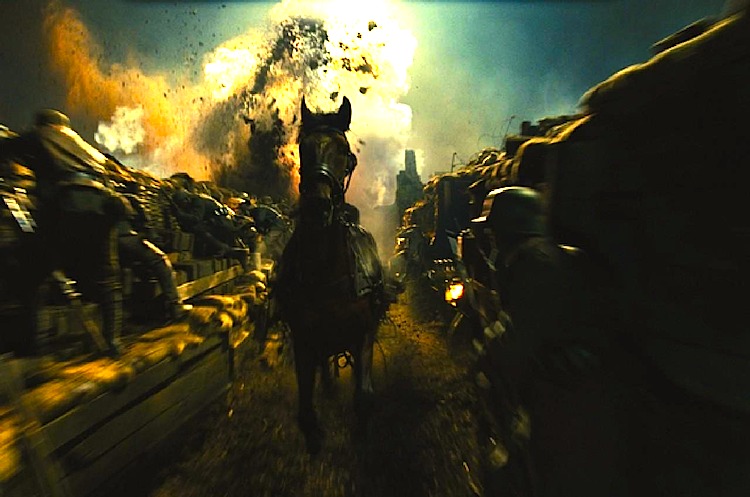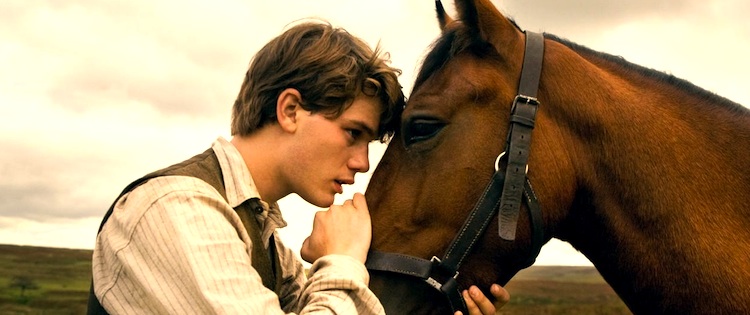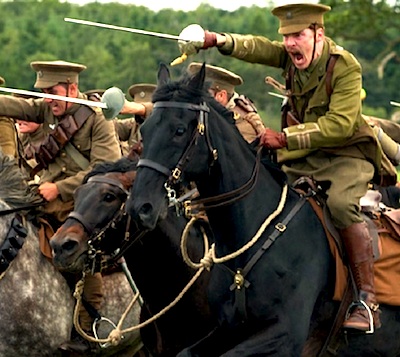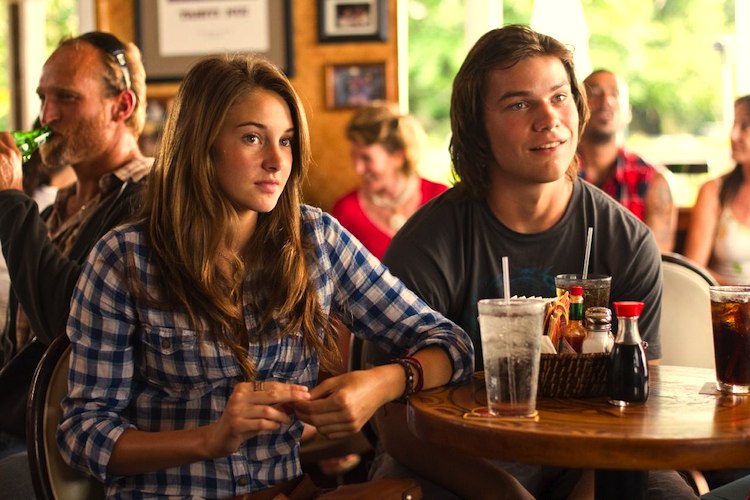By Patricia Ducey. Oh, Canada! Every so often, out from beneath the ice and snow of our northern neighbor, emerges a film so en pointe that it seems intended for an American audience. Like The Barbarian Invasions, another French Canadian offering, with its stinging comparison of Canada’s health system to ours, Monsieur Lazhar takes on education — and the well meaning but destructive political correctness that apparently stultifies both our systems. But beyond the concerns of the day, Monsieur Lazhar resonates in the tradition of school teacher movies from The Children’s Hour to Stand and Deliver, embracing the light and dark tones of both – and is totally affecting, earning its many Canadian awards and nomination for the Academy’s Best Foreign Film Oscar.
Algerian-born comedian and humorist Mohamed Fellag stars as Bachir Lazhar, the substitute teacher in a Montreal grade school class that recently lost its beloved teacher Martine through suicide, a death seen as even more horrific because she hanged herself in the classroom where she knew the children would find her. The story opens as Lazhar, an asylum seeker from Algeria, interviews for a substitute teacher position with the school’s principal, Mme. Vaillancourt (Danielle Proulx). He has read about the teacher’s death in the paper and presents his CV to the harried principal.
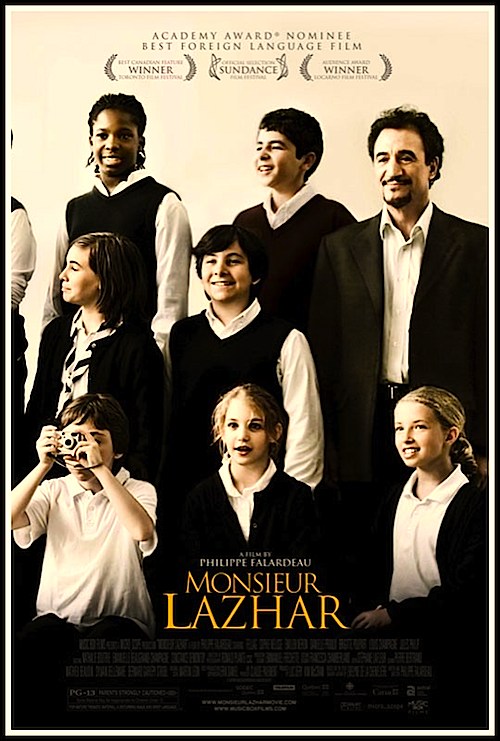 She soon hires him and he begins his work with the bereaved class. First off, he is mystified by the classroom setup, where all the desks form little semi-circles to enhance the team approach to learning (to avoid any child being shamed by giving a wrong answer). He orders the desks rearranged in orderly rows. Each child is now an individual again, on his or her own – which awkward use of the personal pronoun brings me to Lazhar’s next problem. In a grammar lesson the children school him on the “new” system of pronouns they must use – pure edu-babble – to what end, he cannot fathom but he accedes. The school psychologist arrives, and chides him to leave the handling of grief that bubbles up unbidden from the children to her, as if this human and empathetic activity could not possibly be managed by a non-professional. Finally, a boy acts up in class, and Lazhar cuffs him lightly on the cheek. This is the straw that breaks the camel’s back, and the principal brings him in for a meeting, where she informs him of modern educational rules – among them, no touching of a child, ever — not even to put sunscreen on a child, as the gym teacher recounts.
She soon hires him and he begins his work with the bereaved class. First off, he is mystified by the classroom setup, where all the desks form little semi-circles to enhance the team approach to learning (to avoid any child being shamed by giving a wrong answer). He orders the desks rearranged in orderly rows. Each child is now an individual again, on his or her own – which awkward use of the personal pronoun brings me to Lazhar’s next problem. In a grammar lesson the children school him on the “new” system of pronouns they must use – pure edu-babble – to what end, he cannot fathom but he accedes. The school psychologist arrives, and chides him to leave the handling of grief that bubbles up unbidden from the children to her, as if this human and empathetic activity could not possibly be managed by a non-professional. Finally, a boy acts up in class, and Lazhar cuffs him lightly on the cheek. This is the straw that breaks the camel’s back, and the principal brings him in for a meeting, where she informs him of modern educational rules – among them, no touching of a child, ever — not even to put sunscreen on a child, as the gym teacher recounts.
But Bachir’s students thrive in the new, structured environment. More importantly, they trust the empathy that comes from his heart and from his experience. The adults, who are “freaking out” more than the kids, apply and misapply silly nostrums that ultimately make the kids feel worse. But his story and the kids’ grief are connected, and we learn more about the troubled boy Simon and his connection to the tragic Martine, and of Bachir and the reason that he is alone in Montreal. Suffice it to say that he and his family fell victim to another system that repressed and forbade certain kinds of speech and carried that diktat to calamitous ends. He knows all too well what lies at the end of this utopian vision, and eventually he must decide where he will draw the line. As they come together, both stories echo the themes of the movie, both personal and political.
Philippe Falardeau, who won the Canadian best director for this film – and deservedly so – suppresses any tendency towards cuteness or sentimentality, with a totally naturalistic look and feel of a wintry Montreal. His actors do not appear fussed over by stylists or makeup staff, and they seem to live and work in cluttered, lived in spaces. In addition, he wisely pulls back the dialogue and direction when histrionics or sappiness would have been easy, yet this subtle and understated style makes the eventual impact even more transcendent.
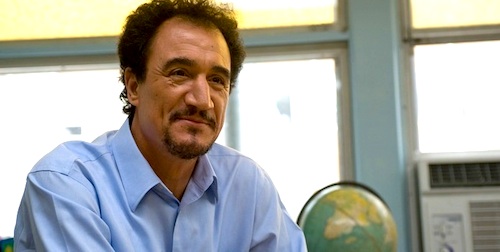
Fellag is endearing, sometimes humorous, and conveys much emotion with the lift of an eyebrow. Sophie Nélisse as Alice and Émilien Néron as Simon, the children who discover the teacher’s body, rise to equal footing with Fellag and the other adults with performances so artful and natural that Falardeau and his young actors must be commended. (Here Falardeau talks with critic Dan Persons about the film, and gives what amounts to a master class in directing children. Hollywood directors, take a listen.)
The film does indeed honor the power of the student-teacher relationship, its power to heal and to inspire, but it also calls into question the folly of the authoritarian impulse that undergirds so much of education today. In the end, Bachir stands for humanism and, paradoxically perhaps, order. They hinge one upon the other – he knows that one child is not interchangeable with another, and that each child flourishes best in an atmosphere of basic order paired with open, honest communication. The movie ends fittingly with Bachir’s final act of defiance against the regime — a small act, but one perfectly in keeping with his larger lesson to the kids that “a classroom is a place of friendship, of work, of courtesy, a place of life.”
Posted on April 17th, 2012 at 3:19pm.
